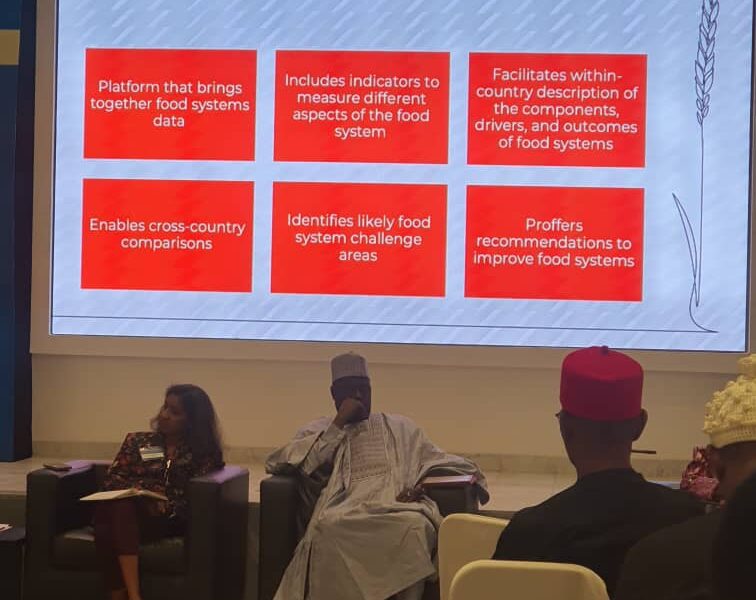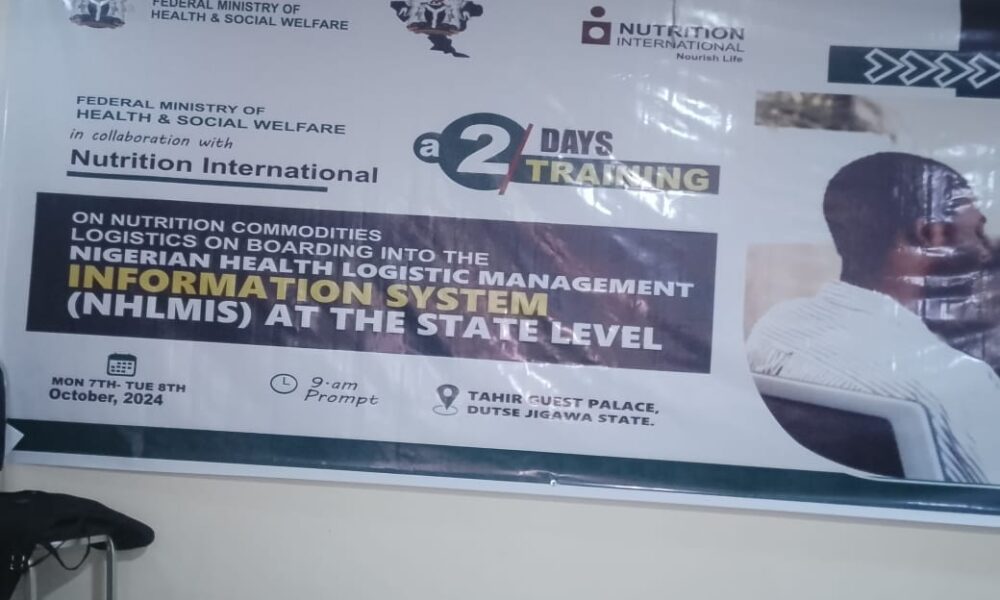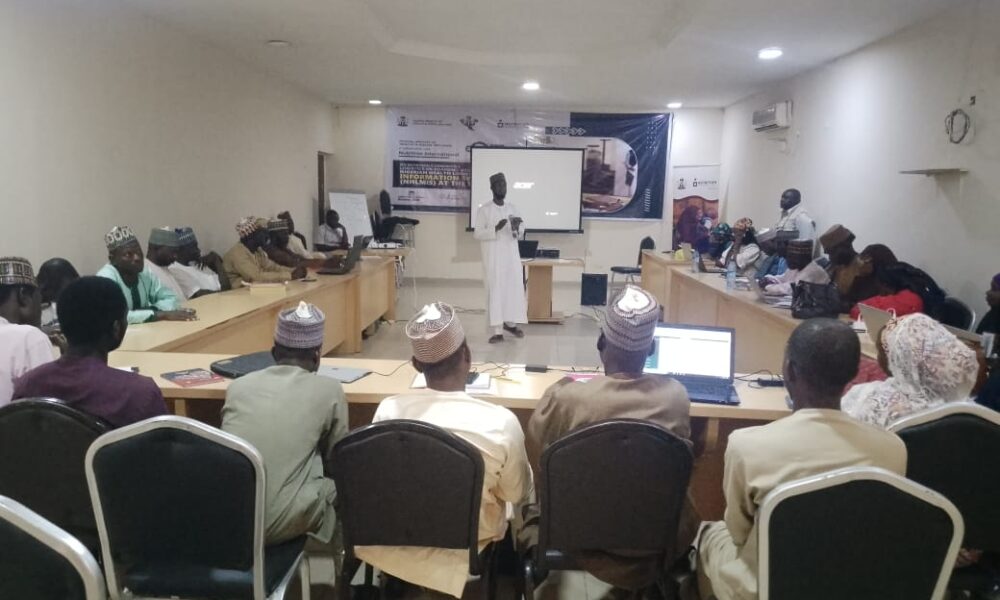The Minister of Budget and Economic Planning, Alhaji Atiku Bagudu on Monday reiterated the commitment of the Federal Government to addressing the challenge of malnutrition in the country by leveraging on data from the National Food Consumption and Micronutrient Survey(NFCMS) report.
He spoke in a remark during the launch of the 2021 National Food Consumption and Micronutrient Survey report in Abuja.
Bagudu who was represented by the Permanent Secretary of the ministry, Nebolisa Anako, stressed that adequate and proper nutrition was indispensable for human capital development for all ages whether at embryo stage in the mother’s womb, infants, adolescents and adults.

He said the objective of the survey was to enable the country to have a reliable database for food consumption patterns that would serve as source of information for addressing issues of chronic-non-communicable diseases and to improve the food systems to deliver healthy diets to Nigerians.
“Nutrition data plays a crucial role in programme planning across various sectors, including health, education, agriculture, water, information and social welfare among others”, he said.
According to the National Food Consumption and Micronutrient Survey, 2021, the prevalence of stunting, wasting and underweight among children under 5 are 33.3%, 11.6% and 25.3% respectively.
In his goodwill message, the Director General of the Standards Organisation of Nigeria, Dr Ifeanyi Chukwunonso Okeke said the launch of the 2021 National Food Consumption and Micronutrient Survey Report marks a significant milestone in the collective efforts to ensure the well-being and health of the citizens.
He said malnutrition has been a major concern to impairment of health due to inadequate or imbalance of one or more nutrients in foods with its far reaching consequences for human capital, economic productivity and national development.
“The findings of this survey will provide valuable insights into the nutritional status of our population, enabling us to develop targeted interventions and policies to address any deficiencies and promote healthy eating habits.
“As the regulatory body responsible for standardization, quality assurance in Nigeria, SON is committed to ensuring that all mandatory food vehicles are fortified with essential nutrients in compliance with the Nigerian Industrial Standards on food fortification”, he said.
Representatives of the WHO, UNICEF, World Bank and other development partners in their separate goodwill messages said the insights provided by the survey will drive the collective effort towards scaling up food fortification programmes across the country.
The National Food Consumption and Micronutrient Survey
(NFCMS) was jointly coordinated by the Federal Ministries of Budget and Economic Planning; Health and Agriculture in collaboration with relevant nutrition stakeholders, development partners as well as the International Institute of Tropical Agriculture (IITA) that served as the principal investigator for the survey.




